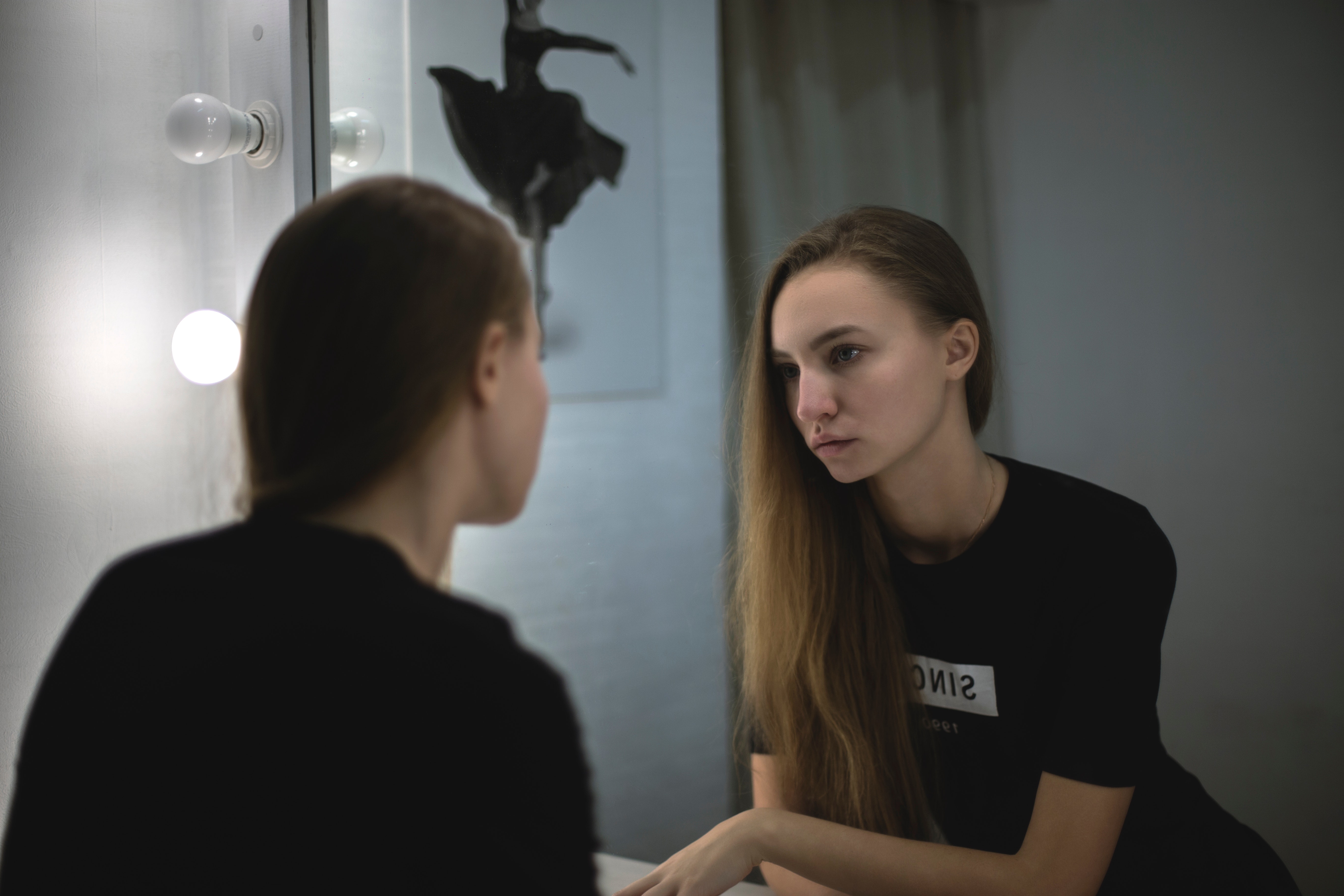Stepping Into Your Legacy
This year is all about stepping into your legacy. That could be attending a university that is one or both parents’ alma mater, joining the family business or an organisation that a parent belongs or belonged to, honouring a longstanding value or family tradition, or committing to something that you have always wanted to do.
But let me be clear! This is not about taking on yet another New Year’s resolution. I don’t do those. And it is not something for your bucket list either. Nothing wrong with these concepts but both sweep over me like a gush of hot air and there’s a lot more to legacies than hot air.
Though legacies are often handed down from one generation to another, they are equally as much about the present as they are the future—doing or offering something that has profound meaning and has a longstanding positive impact, not only on you but on others, too.
For many people, a legacy is an offspring, full stop. And for others, a legacy is a business, a financial gift or gift in kind. But legacies don’t stop at the tangibles, they are often intangible too.
For example, my family’s work ethic is rooted in a rich legacy. Many years ago, a staff member who reported directly to me, shared some water cooler talk about my work ethic. People wanted to know where the drive came from and right on cue she said, they are all like that, meaning my sisters and my brother, too. She happened to know one of my hardworking siblings.
I have often thought long and hard about that conversation and it’s true, both my parents were hard workers and got accolade after accolade to this end and on both sides, this work ethic can be traced back to their own parents and so on.
Though they instilled this in us somehow, they didn’t particularly talk about the importance of a good work ethic. They demonstrated the value of it in their own experiences and hence, the legacy was handed down.
Over the years, others have commented on my work ethic and time and again the praise has come from the boss. Nowadays, I am my own boss and well, the praise has become scarce but change is in the air and the key is commitment.
That’s why I’m looking forward to stepping into my own legacies in 2024, living them fully and leaving good trails behind not only for those who are up close and personal but for all teenage girls and boys for that matter, too.
Watch this space for more on what I get up to this year and hot tips on how to step into your own legacies in 2024.









